TANGO-W Partners
The TANGO-W project includes thirteen institutions from five countries - Austria, Lithuania, Norway, Sweden, and United Kingdom. On this page, you will find information about these partners and their roles in the project.
Austria

Austrian Institute of Technology (AIT)
AIT is Austria’s largest non-university research institute. With its seven Centres, AIT regards itself as a highly specialised research and development partner for the industry. Its researchers focus on the key infrastructure issues of the future: Energy, Health & Bioresources, Digital Safety & Security, Vision, Automation & Control, Low-Emission Transport, Technology Experience and Innovation Systems & Policy. The Center for Innovation Systems & Policy is a central node in national and international research and innovation networks and an important partner for public administration, companies, universities and research institutes. It is a think tank and advisor for Austrian and European policy. AIT will take the management for the overall TANGO-W project as well as for Austria and work closely with 4wardEnergy on setting up the ULLs of Austria in collaboration with W.E.I.Z. for the City of Weiz and IPAK for the City of Klagenfurt.
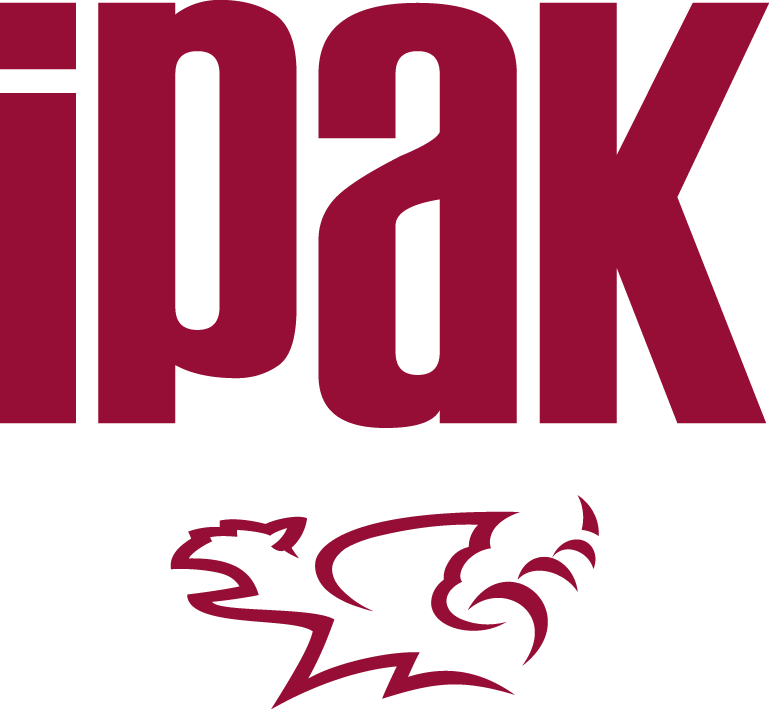
International Project Management Agency Klagenfurt on Lake Wörthersee GmbH (IPAK)
IPAK is a non-profit company that is 90% owned by the state capital Klagenfurt am Wörthersee and 10% by the Tourismusverband & -region GmbH. With the help of national and international funding programs, it aims to develop and carry out projects for the implementation of innovative technologies in order to make a contribution to the sustainable development of the city of Klagenfurt. Organisationally, the IPAK GmbH is embedded in the Climate and Environmental Protection Department of the state capital Klagenfurt am Wörthersee. The IPAK staff consists of employees from the city of Klagenfurt, who are available to the IPAK free of charge, and project employees who are employed by the IPAK on a project basis.
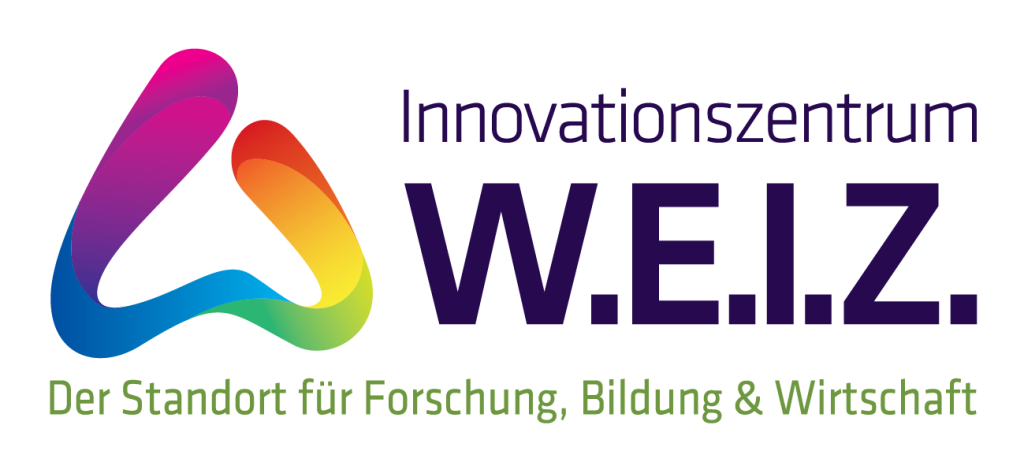
W.E.I.Z. Forschungs & Entwicklungs GmbH (WEIZ)
WEIZ is one of seven W.E.I.Z.-organisations under the umbrella “Innovationszentrum W.E.I.Z.”. The “Innovation Centre W.E.I.Z.” itself was founded in the year 1997 as a business incubator. Today it is one out of 33 so called “Impulse Centres” in the Austrian province of Styria. The focus of the W.E.I.Z. is set on “innovation” and “energy” with the mission to develop and strengthen the local and regional economic potential. Since 1997, more than 100 regional and international projects have been implemented as project leader or partner. Through its involvement in several R&D- and innovation projects the W.E.I.Z. with its local cooperation partners have won, among others, the Styrian Energy Globe 2010, the Austrian climate protection award 2010 and 2014 and, as a local e5-team member the European Energy Award 2014 and 2019 in Gold. With the new R&D-organisation, the W.E.I.Z. Forschungs & Entwicklungs gGmbH, the W.E.I.Z is strengthening itself as a research and development partner for future key topics, especially in the areas of energy, climate change and sustainability, smart city and digital transformation.

4ward Energy is a research non-profit research company working both on national and international research projects with a focus on energy technologies and energy economy. At the core 4ER sets the focus on the topics: Smart Cities and model regions, smart and hybrid energy system, system flexibilities (such as demand response), black-out effects mitigation, climate and energy model regions, climate adaptions regions as well as dissemination and communication actions in research projects. As of lately a major focus of the company has been on the development and implementation of new actors and roles within the energy market and the development of business models for those actors or new technologies or systems. In the TANGO-W project 4ER will have three main topics to attend to supporting the ULL in Klagenfurt in the implementation of the food-energy hub by providing inputs on the topic of energy communities, development of novel business model prototypes within the different ULLs und providing knowledge and insights in the CoPs.
Lithuania

Kaunas University of Technology (KTU)
KTU is the largest technical university in the Baltic States. The university is a member of the European Consortium of Innovative Universities (ECIU). The ECIU University is an EU-funded European University that will create a completely new educational model on a European scale. It gathers together learners, teachers, and researchers to cooperate with cities and businesses and solve real-life challenges. The first three-year phase of the ECIU University focuses on the UN Sustainable Development Goal 11 "Sustainable cities and communities”. The Institute of Environmental Engineering (APINI) is an integrated part of KTU. KTU APINI has extensive experience in the field of sustainable development and circular economy research and interregional projects implemented in close cooperation with local/regional/national public authorities and science institutions. For Lithuania, it will manage the research implementation and will work closely with the City of Alytus. Additionally, it will play a leading role in TANGO-W local monitoring processes in close cooperation with AIT.
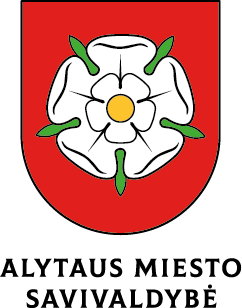
Alytus is a city in southern Lithuania. Its population in 2020 was 49,895. The city remained true to its chosen strategy of an industrial city and managed to preserve the advantages of a medium size city: short distances, friendly environment, experienced and diligent specialists, citizens of a city with deep industrial traditions. Alytus City Municipality has recently approved the Strategic Development Plan of Alytus City Municipality until 2030. It focuses on the development of a smart city, based on a forward-looking approach aimed at creating a greener, more vibrant and attractive city for future generations, thus ensuring the long-term growth of the city. It is looking for ways to improve the management of textiles and other waste, reduce the number of vehicles that cause pollution, increase the mobility of the population and the use of environmentally-friendly vehicles, increase the pace of residential modernisation to use energy more efficiently and introduce renewable energy sources in various sectors. Alytus City Municipality, in cooperation with Kaunas University of Technology (KTU), hopes to develop an effective Green Energy City strategy.
Norway
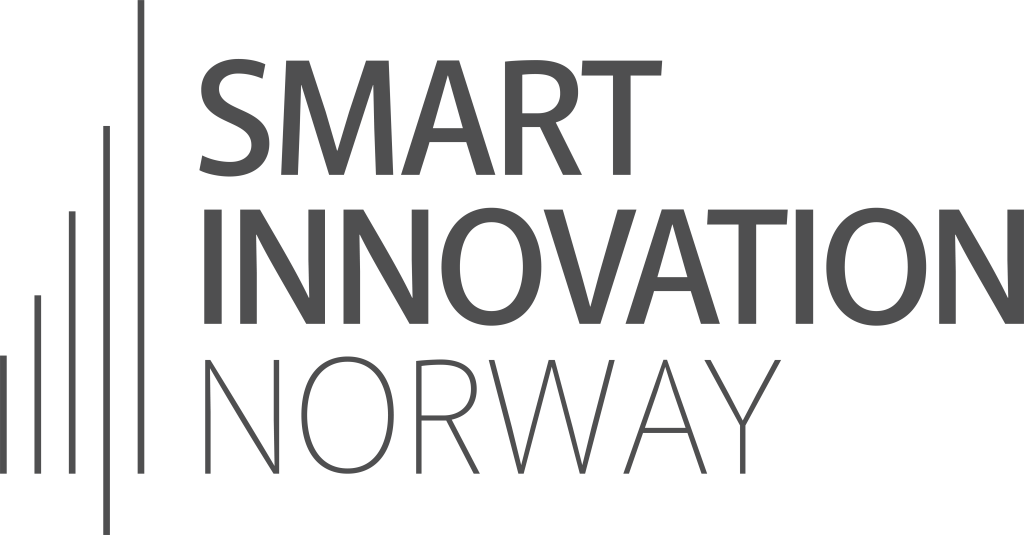
SIN is a non-profit research and innovation company in Norway. It creates sustainable social and industrial development through internationally applied research and innovation in smart cities, sustainable energy, digital transformation, and artificial intelligence. With a unique innovation platform consisting of department of Smart Cities and Communities, Research, NCE Smart Energy Markets cluster, Cluster for Applied AI, Venture and Communication, the company acts as a bridge between private and public sector, driving innovative ideas to become reality. Smart Cities and Communities department works directly with municipalities, businesses, academia and the inhabitants to support the transition towards sustainable and smart cities in Europe. They are one of Norway’s leading actors with a wide network of cities, counties, state authorities and knowledge organisations within the relevant fields. With this close collaboration (PPP), SIN manage to establish, perform and deliver world top research and innovation projects with pilots all over the world. For Norway, SIN will manage the research implementation and will work closely with the municipalities Halden & Marker to jointly implement the UTC conceptualisation.
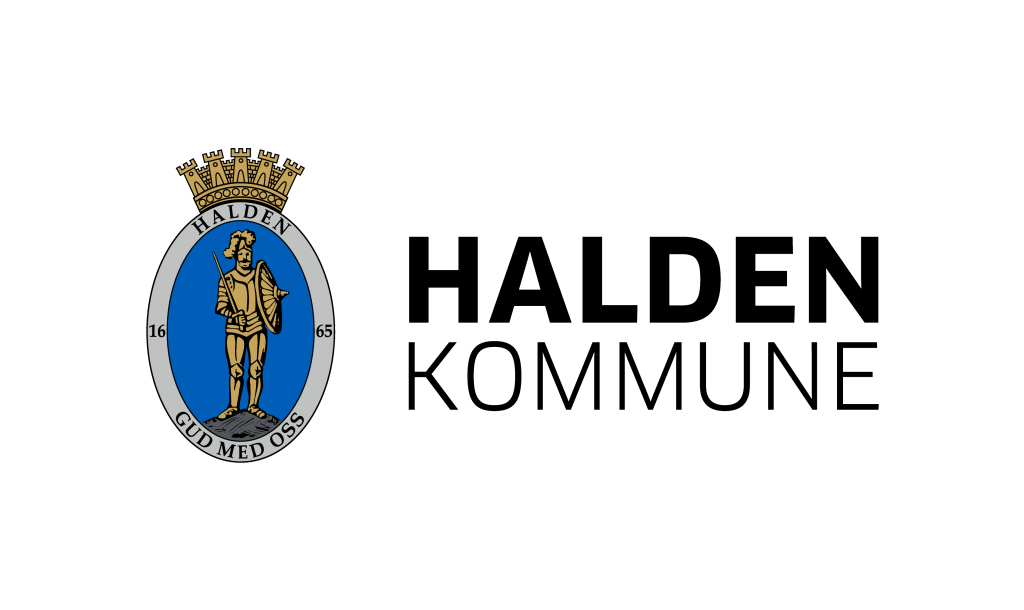
It has a goal of being Norway's most innovative municipality, and has started the Smart City Halden program to contribute to this. The program will facilitate research, development and innovation for a sustainable development of society. The program will stimulate experimentation, testing and demonstration of new technology, new services to citizens and new types of business models that create value for a future-oriented society. A Smart City Halden project stands out by that the project is sustainable in both the short and long term, it is carried out in collaboration with several different social actors and it uses technology in an innovative way. These three are the drivers of Smart City Halden, and should be visible in any Smart City Halden project. Halden has good experience of different phases of research and innovation activities, and are currently in a cooperation programme within innovation- and data driven development; “My Digital City”, together with partners within academia, research and private businesses in Halden,
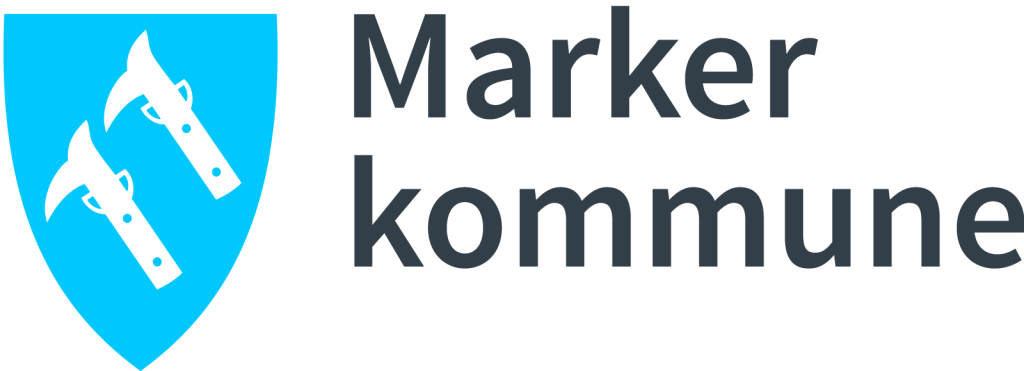
Smart Society Marker is a program in the municipality where they focus on projects and plans for Marker that are innovative and sustainable - that is, the projects must contribute to something positive for the community in Marker, for the environment and climate, and there must be good finances in the projects. A smart society must be based on the needs of its inhabitants, stimulate new services, test and demonstrate new technology when changes in society are made - to make the city or society a better place to live, live and work. The municipality has long history of canal traffic, locking and timber water ways and is a beautiful destination for tourists. Marker has good experience of different phases of research and innovation activities
Sweden
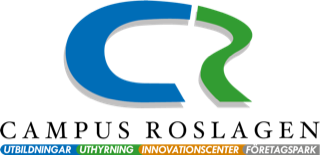
UCV is a department of Campus Roslagen AB, wholly owned by Norrtälje Municipality. The company strives to contribute to sustainable water management and a better use of natural resources with focus on sensitive water environments, by leading or partaking in research and innovation projects that address core water-related challenges in Norrtälje, the Baltic Sea Region and the larger global scenario. UCV also provides education and capacity building via different activities, such as municipal advisory service, courses to entrepreneurs, open days for civil society, workshops and networks both for public and for private sector actors. One of the latest projects that UCV run is “Aquaponics in Roslagen”, which informed about a circular farming method that can enable saving of water and nutrients by combining aquaculture and hydroponics and can foster the transition towards more sustainable food production systems.

Nordregio is a leading Nordic and European research centre for regional development and planning – under the Nordic Council of Ministers. The primary research and competence areas are Regional Rural and Demographic Development, Urban Planning and Sustainable Development, Regional Innovation and Green Growth, Governance and Policy. Nordregio is an active knowledge broker between practitioners and researchers contributing to sustainable regional development in the Nordic Region. It provides a forum where authorities and practitioners can collaborate and work together to share knowledge and seek solutions to common problems. For Sweden, Nordregio will manage the re-search implementation and will work closely with the City of Stockholm and Campus Roslagen to support the development of UTC conceptualisation
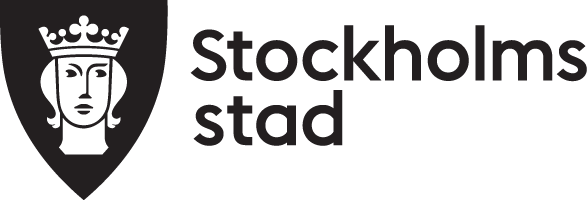
Stockholm has a long tradition of systematically addressing environmental and climate aspects and has a vision to be a global leader in environmental and climate initiatives by achieving the goals of the UN Paris Agreement. To take the environmental work further, Stockholm Royal Seaport was identified and appointed by Stockholm City Council to be a forerunner in sustainable urban development and fossil-fuel-free city district by 2030. Experiences and results coming out of Stockholm Royal Seaport will be scaled up and help consolidate Stockholm’s position as one of the world’s most sustainable cities. Over the 12 past years a number of innovative processes and projects have been developed, tested and applied throughout Stockholm. Some examples are the Target and requirement setting and subsequent monitoring of all developers, resulting in high compliance in energy performance, mobility, urban greenery, waste management, etc. The City will be represented by the Development Administration and cooperate with the Swedish University of Agricultural sience (SLU) that conducts education, research and environmental monitoring and assessment in collaboration with society at large.
United Kingdom
CKIC is the EU's climate innovation initiative, working to accelerate the transition to a zero-carbon and resilient world by enabling systems transformation. As a Knowledge and Innovation Community (KIC), it brings together more than 400 partners from business, academia, the public and non-profit sectors to create networks of expertise, through which innovative products, services and systems are developed, brought to market and scaled up for impact. The Transitions Hub is the EIT Climate-KIC policy-oriented in-house lab unit located in Brussels. The lab is ameind to enable interactions with key national, regional and local governments, EU organisations and external experts in fields such as sustainability transitions & system innovation, EU/regional policy and circular economy.